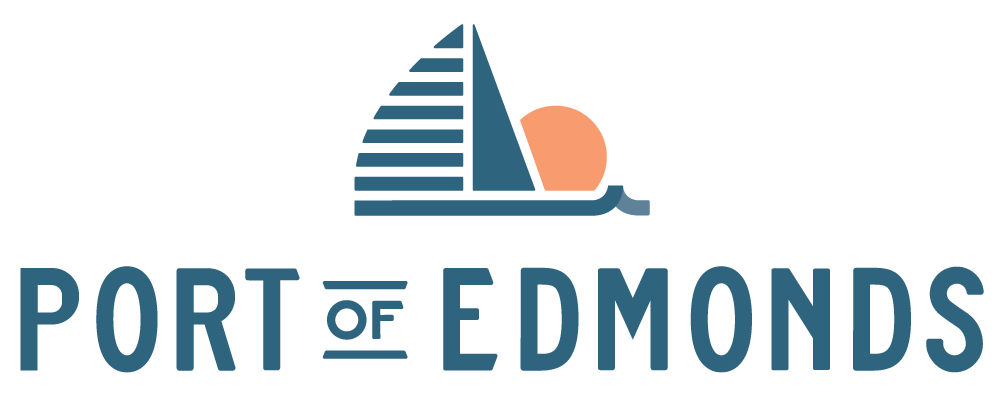Plastic Pollution
Plastics and their byproducts are littering our cities, oceans, and waterways. A 2016 study by the World Economic Forum suggests that by 2050 there will be more plastic by weight in our ocean than fish. According to the report, more than 70 percent of the plastic we produce is either put in a landfill or lost to the world’s waterways and other infrastructure.
The 30-Day Challenge to Refuse Single-Use Plastic
The Port of Edmonds has teamed up with local dive instructor, underwater filmmaker and activist Annie Crawley to raise awareness about ocean pollution. Together we are working toward a world free of plastic pollution and its toxic impacts on animals, oceans, humans, and the environment by refusing single use plastic.
With the goal of developing environmentally-conscious habits, we encourage you to join us in our 30-Day Challenge to Refuse Single-Use Plastic.
Simply use Ocean Annie’s 30-Day Challenge Calendar and the tips below to begin reducing your own plastic footprint, then share your success with#RefuseSUP.
Tips
Single-use plastic (plastic you use once and throw away) is everywhere — plastic straws in our drinks at restaurants; plastic bottles of water or soda; plastic bags offered to us at stores; the plastic cups, bottles and utensils at social events; and the plastic packaging of nearly everything in the supermarket. Here are some tips for eliminating single-use plastic from your life:
- Carry a set of reusable produce bags when purchasing fresh fruits and vegetables at the grocery store and farmers market.
- Say no to disposable straws. A reusable bamboo straw is a great alternative.
- Keep a set of metal cutlery at work.
- Store reusable tote bags in your car so there will always be one handy for shopping.
- Bring a reusable water bottle to the gym.
- Bring your own garment bag and hanger to the dry cleaner.
- Hold back on online shopping. E-commerce packaging is a major source of waste. Or request zero plastic packaging when ordering online.
- Carry a reusable coffee tumbler for your daily cup of joe.
- Do a five-minute beach clean up next time you’re at the beach. You’ll be impressed with how much you can gather in five minutes and you will inspire others to do the same.
- Eat at home more often. Convenience food on-the-go is a big culprit of single use plastic
- Refuse products that contain microbeads – tiny plastic balls found in some facial scrubs and toothpastes that quickly find their way into our water systems.
- Carry snacks and other food in reusable steel or glass containers.
- Choose milk in returnable glass bottles.
- Buy fresh bread that comes in either paper bags or no bags.
- Buy from bulk bins as often as possible.
- Use powdered dishwasher detergent in a cardboard box.
- Use bar soap instead of liquid hand soap.
- Choose toilet paper that’s not wrapped in plastic.
The Problem with Plastic
Plastic is forever
Every bit of plastic that has ever been created still exists, including the small amount that has been incinerated and has become toxic particulate matter. Plastic is a material that the Earth cannot digest.
Plastic poisons our food chain
Plastic creates toxic pollution at every stage of its existence: manufacture, use, and disposal. In the environment, plastic breaks down into small particles that attract toxic chemicals. These particles are ingested by wildlife on land and in the ocean, contaminating the food chain.
Plastic affects human health
Harmful chemicals leached by plastics are present in the bloodstream and tissues of almost every one of us, including newborns.
Disposable plastics are the main source of plastic pollution
Consumption of disposable plastics—bags, bottles, straws, utensils, polystyrene cups, film, food packaging and more—has spiraled out of control. These items are used for seconds, hours or days, but their remains last forever.
Information provided by the Plastic Pollution Coalition
Leading the Way
The Port of Edmonds strives to be a leader in eliminating marine debris by enforcing strict marina and boatyard regulations, implementing innovative environmental practices and supporting youth oceanic programs.
Check out our environmental resource page to learn more about our guidelines and best practices for boaters.
Please encourage your friends and family to #RefuseSUP


